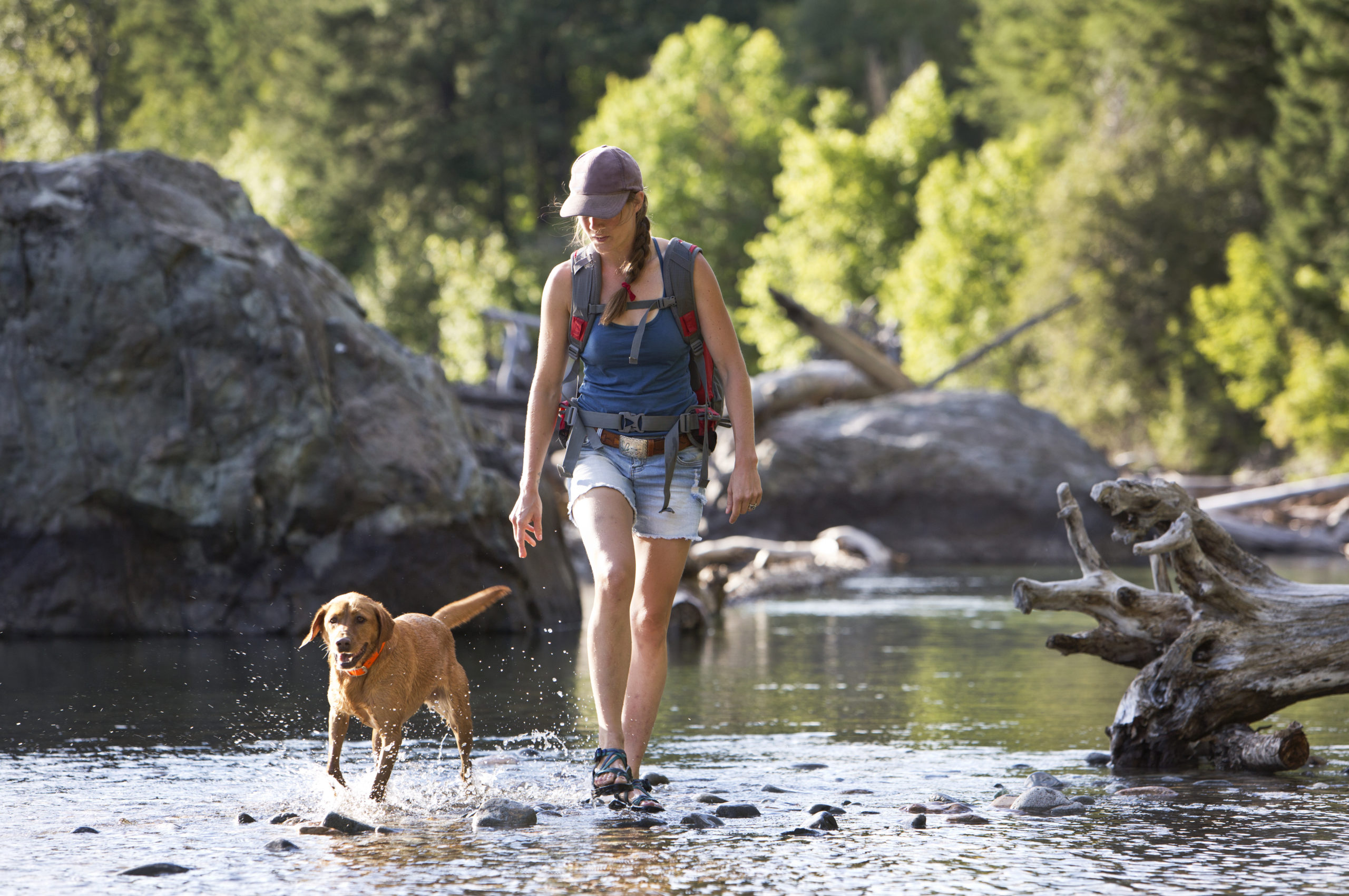4 Ways to Treat Hot Spots on Dogs

What is a hot spot?
Hot spots are infectious patches that look like skin rashes. Also referred to as pyotraumatic dermatitis, hot spots often occur in high itch areas like head, neck, hips and limbs which is just how they start…as an itch.
As the itching continues, the skin becomes more irritated and at risk of being scratched raw. Dogs then may begin to over groom the area. This frequent licking can create a bacteria breeding ground.
Although hot spots can affect all breeds, this is why they are more likely to occur in breeds with longer hair. Long coats on dogs like German Shepherds, Golden Retrievers and Labradors can hold the moisture on the infected area while also hiding the initial spot resulting in a painful skin infection that can sideline your pup.
Because these infections can start out small but intensify quickly, it is important to notice any excessive itching and licking to catch it early.
How to Treat a Hot Spot
Home treatment is possible at the early stages of infection but hot spots that have become inflamed, scabby, matted with hair and/or oozing need medical attention. There are several steps to treating hot spots, usually including a combination of the following.
Clean the area. Once you notice an area that looks concerning, bathing your dog and cleaning the area with a mild antiseptic solution will help wash away the discharge and any bacteria on the surface.
Clip back hair. Clearing the area of hair reduces possible matting and can help dry out any moisture that can get trapped under hair and make the infection worse. Keeping hair shorter in the summer is also better as heat and humidity can intensify hot spots.
Apply medication. There are topical ointments and sprays that can help to alleviate the pain, itching and inflammation caused by the infection. In some cases, your vet may prescribe an oral antibiotic or steroid to treat the area.
Control the controllables. Part of treating hot spots is managing the potential triggers for itching to start. This can include food or skin allergies, fleas or excessive grooming due to boredom.
Also, feeding your dog a diet fueled with Omega 6 and Omega 3 fatty acids like Black Gold Explorer Sensitive Skin & Coat Recipe helps to promote a healthy skin shield supporting the health of your dog’s skin and coat.
With proper care and attention, hot spots can be resolved quickly and get you back to unleashing adventure. Here’s to keeping the summer hot with fun for you and your pup.
The information in this blog post is for informational and educational purposes only and is not meant to take the place of advice from your dog’s veterinarian. Only veterinarians who examine your dog can diagnose your dog and inform your dog’s treatment.
